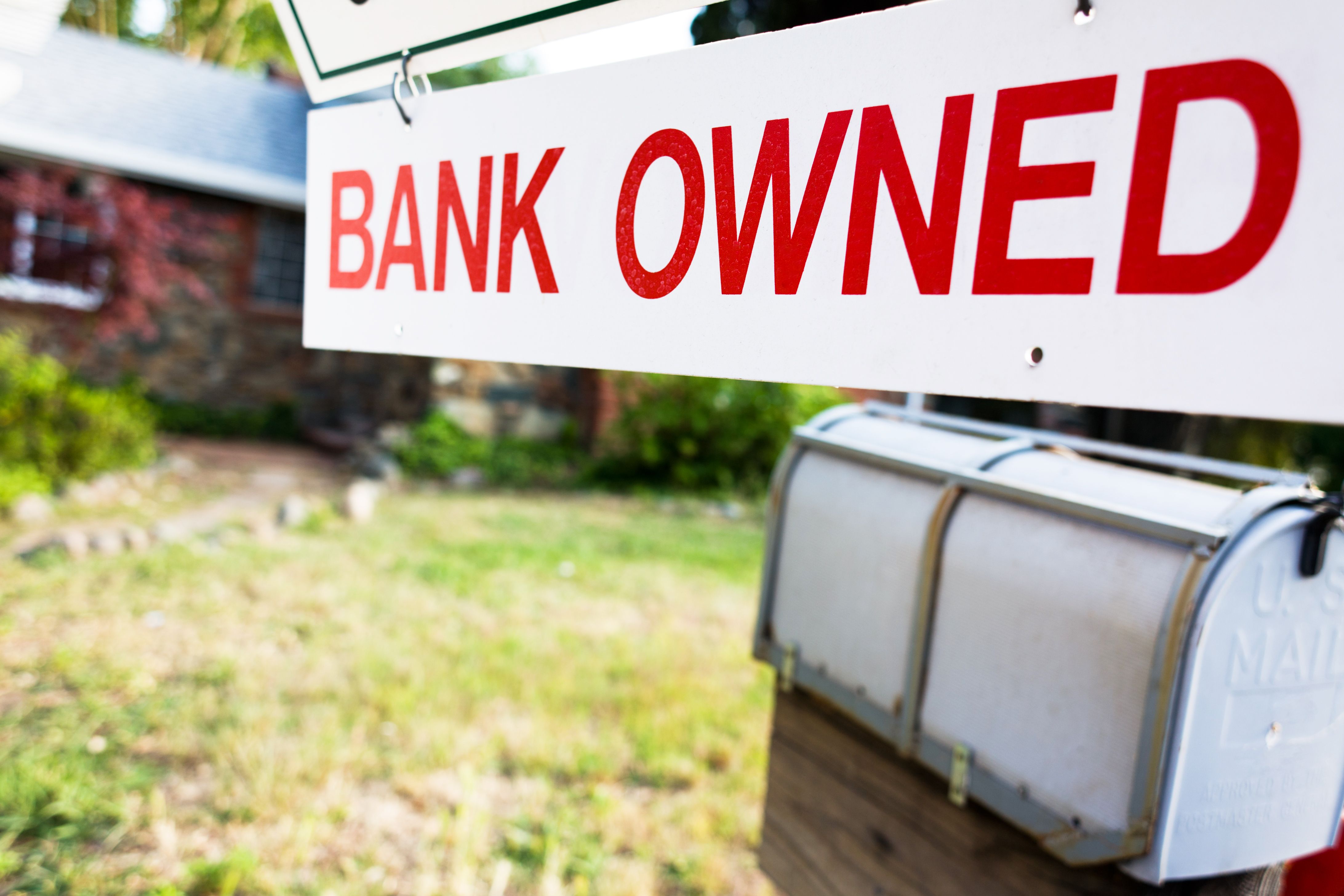Top 3 Things to Know When Buying Bank Owned Homes
Understanding Bank Owned Homes
Bank owned homes, also known as real estate owned (REO) properties, are a unique segment of the real estate market. These homes have been foreclosed upon and are now owned by the bank. As a potential buyer, it's crucial to understand what makes these properties different and how to navigate the purchasing process.
One of the main attractions of bank owned homes is their potential for being purchased below market value. However, this does not automatically make them a bargain. It’s important to approach these opportunities with a discerning eye and thorough research.

Research and Due Diligence
Before diving into the purchase of a bank owned home, conduct comprehensive research. One critical aspect to consider is the property's history and condition. Unlike traditional home sales, bank owned properties are sold "as-is," meaning you inherit any existing issues without negotiation for repairs.
It’s advisable to hire a professional inspector to evaluate the property. This step can reveal hidden problems that may not be immediately visible, such as structural issues or outdated systems. Understanding these factors can help you make an informed decision about whether the home is worth the investment.
Financing and Budget Considerations
Securing financing for a bank owned home can differ from traditional home purchases. While some banks might offer favorable loan terms for their REO properties, it's essential to compare options across different lenders. Getting pre-approved for a mortgage will also give you an advantage in negotiations.
When setting your budget, remember to account for repair costs and any additional fees associated with the purchase of an REO property. These can include inspection fees, legal fees, and possible renovation expenses. Factoring these into your budget will help prevent any financial surprises down the road.

Navigating the Purchase Process
The process of buying a bank owned home often involves more paperwork and patience compared to a traditional home purchase. Banks typically have their own procedures and timelines, which can lead to longer closing periods. Being prepared for this can help set realistic expectations.
When making an offer, it’s crucial to present a competitive bid, especially if the property is priced attractively. This may involve offering close to or above the asking price if there is significant interest in the property. Consulting with a real estate agent experienced in REO transactions can be invaluable in crafting a successful offer.
Understanding Legal Implications
Buying a bank owned home involves navigating a variety of legal documents and requirements. Ensure you are familiar with the terms of the sale, including any clauses or stipulations that could impact your ownership experience. A real estate attorney can provide guidance through this complex process.
Additionally, be aware of any local regulations or restrictions that might apply to the property. Zoning laws, homeowners association rules, and other legal considerations could affect your ability to make desired changes or improvements to the home.

In summary, buying a bank owned home can be a lucrative venture if approached with careful planning and informed decision-making. By understanding the intricacies of these properties, conducting thorough research, securing appropriate financing, and navigating the purchase process effectively, you can make a sound investment that meets your needs and goals.
